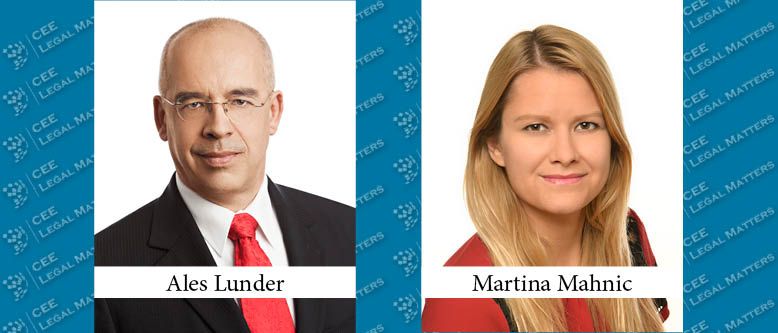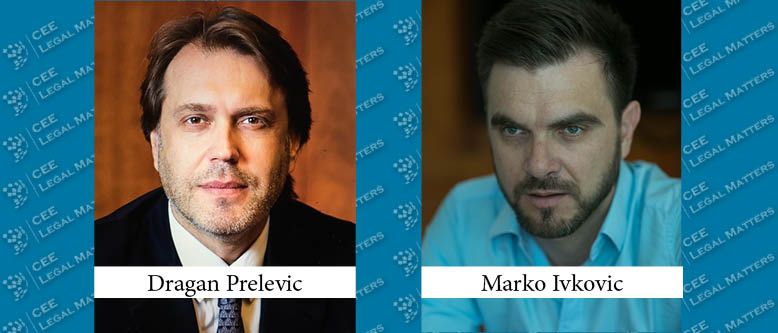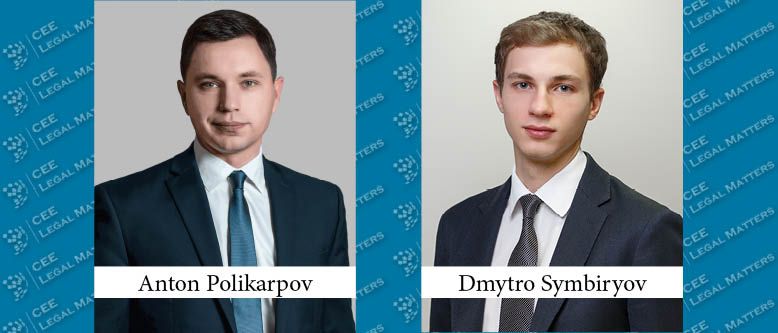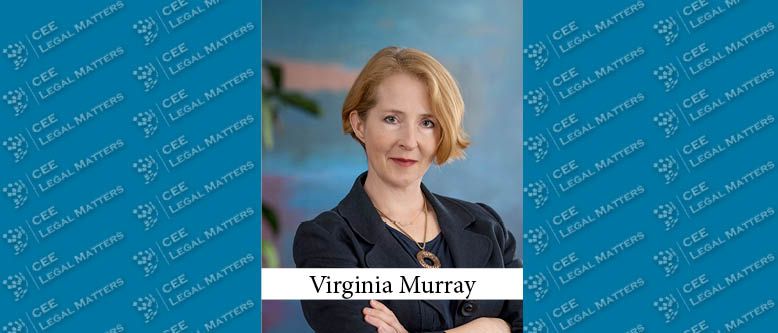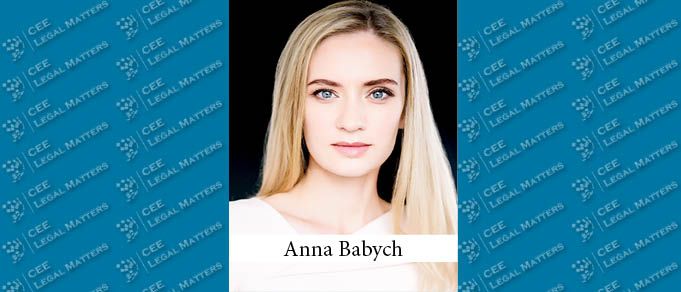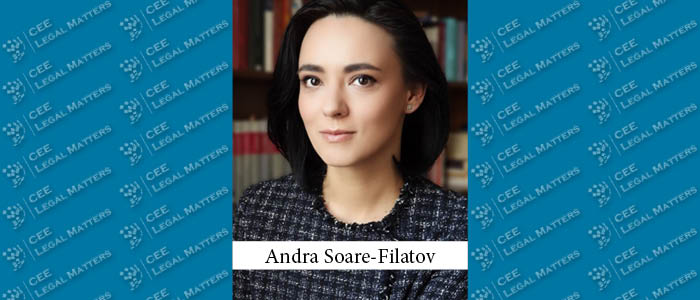Artificial Intelligence is, after distributed ledger technology, the new frontier for legal scholars, and many are working to define how important and significant its future development is and how it is going to shape our legislation, affect our judiciary, and transform our societies. Many are striving to outline new legal definitions of AI, propose novel legal subjectivity and liability for AI’s defects or damage, or reframe ethical principles that AI has to follow, once we finally create it and release it to the world.
The Dawn of Artificial Intelligence Regulation
No innovations have ever had the magnitude of impact on everyday life as those pertaining to information technology and communication. As a result of their sophistication, endless amounts of data are readily available to us today, at any moment. Artificial Intelligence, making full use of this abundant resource, is a new technological tool sweeping through our world, promising to once again revolutionize our everyday lives. For that reason, it is of utmost importance that appropriate rules are adopted early on to foster innovation and trust in Artificial Intelligence, while ensuring respect for human rights and democratic values.
Montenegro’s Harmonization with EU’s Digitalization Standards
A recent report found that, in 2018, 72.2% of Montenegrin citizens had online access from home, with Internet access via mobile phones increasingly common as well. In terms of mobile and Internet service, Montenegro is not behind other countries from the region or Europe at large, but digital technologies are used far less in areas such as economy or education. Information technologies are most commonly used for Internet browsing and social network communication, but are rarely used for communication with public administrations, local governments, and other service providers, which indicates the society’s insufficient digital advancement.
Entering the Ukrainian Market: Managing Compliance Pitfalls for OTT Providers
More and more companies in the TMT sector are looking at Ukraine as a potential market, in the process putting aside the negative image formed during the first decades after the country declared its independence in 1991.
Expat on the Market: Virginia Murray of Watson Farley & Williams
Virginia Murray is a partner in Watson Farley & Williams’ International Project & Structured Finance Group and is Head of the Greek law Corporate, Projects and Finance practice in the firm’s Athens office. She graduated from Cambridge in 1989 and moved to Greece and qualified as a Greek lawyer in 1998. She is fluent in Greek.
Inside Insight: Checking in on Eleni Stathaki of Upstream
In the October 2015 issue of the CEE Legal Matters magazine we spoke with Eleni Stakathi, the Head of Legal at Upstream in Greece. We decided to check in with her and see how things had changed in the last four years.
Backing away from the Cliff: Signs of Hope in Greece
Greece is slowly recovering from the economic crisis – although even “crisis” hardly seems to capture the depths of the country’s economic plummet – that plunged the country into financial lockdown, with massive restructuring commitments to the Troika, record unemployment, and nose-diving foreign investment. With the darkest days of recession now past, and with a new government in power, the country finds itself peering forward, hoping that the light it sees coming towards it through the lingering fog is the sun of a new day … and not an oncoming train.
Guest Editorial: See You Soon, Ukraine!
The Ukrainian legal market is living in times of change and promise. Being a successful law firm in Ukraine is not an easy task, but for those who know the rules, the changing landscape presents more opportunities than threats. So, what does the Ukrainian legal market look like now?
All Together Now: EU's New Foreign Investment Screening Regulation
This April, the new EU foreign investment screening regulation entered into force, with terms scheduled to become applicable on October 11, 2020. The regulation was conceived and designed to provide member states with a valuable tool to employ in defending their strategic interests. We spoke to several experts in the region to learn more.
Guest Editorial: Ever Transforming and Ever Growing Hungarian Legal Market
After I was asked to write this Guest Editorial for CEELM Magazine I realized that this year marks my 25th year in the legal business in Hungary.


